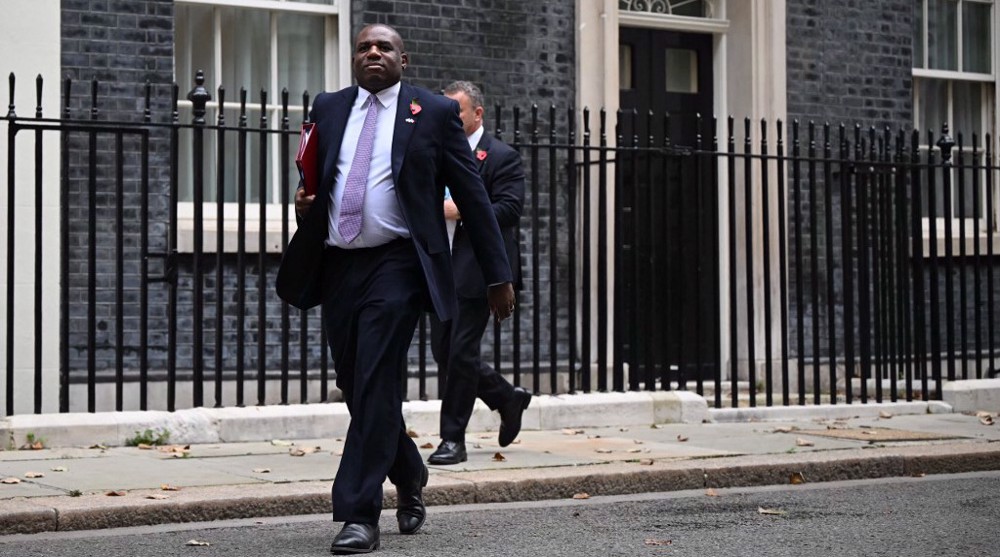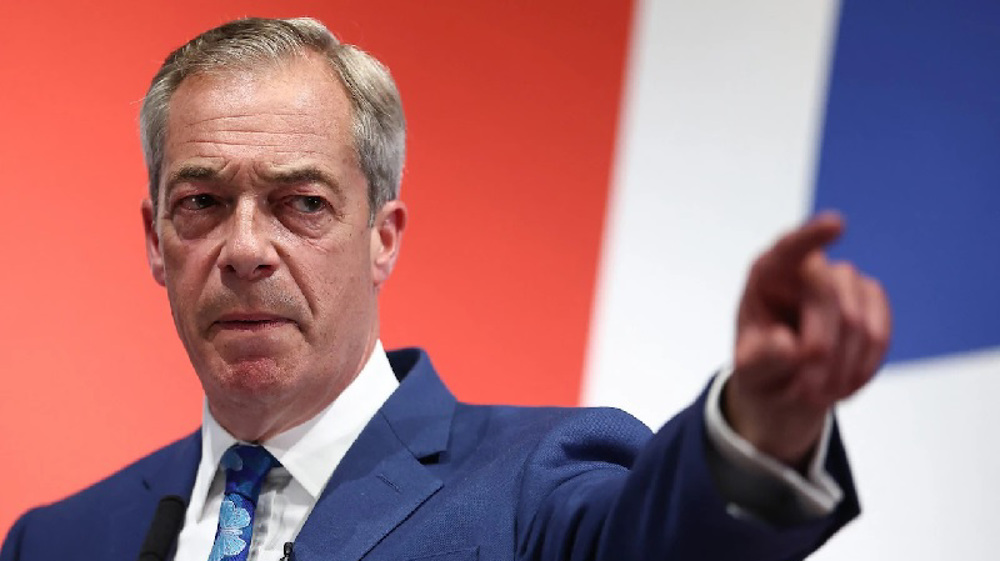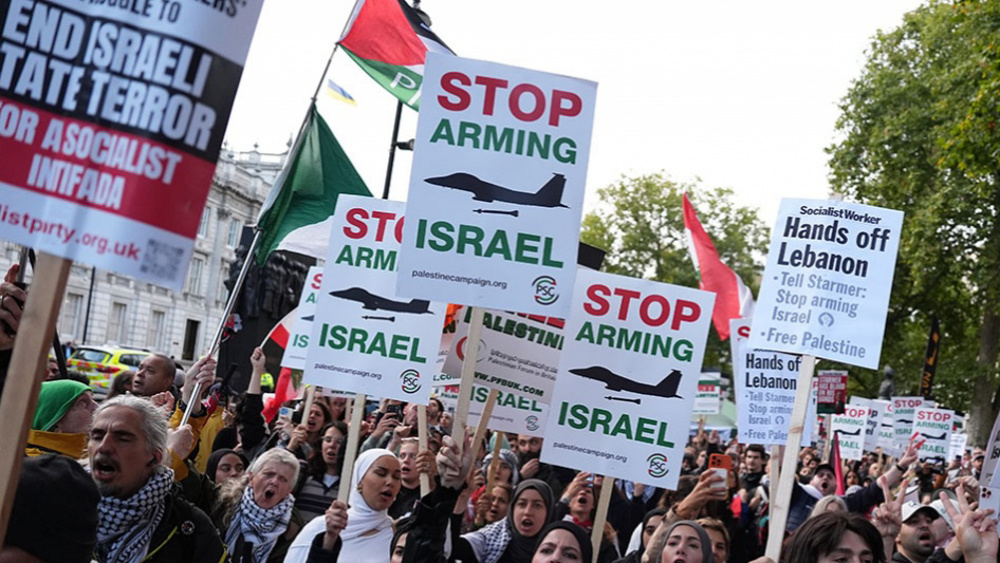British premier appoints Boris Johnson as new foreign secretary
Former London mayor Boris Johnson has been appointed as Britain’s new foreign secretary by Prime Minister Theresa May.
Johnson, who has been a staunch supporter of Brexit, replaced Philip Hammond during the cabinet reshuffle by the new premier on Wednesday.
“The Queen has been pleased to approve the appointment of Boris Johnson MP as Secretary of State for Foreign and Commonwealth Affairs. Further ministerial appointments will be announced this evening,” said an announcement by 10 Downing Street.
After Johnson was appointed, the US State Department said it was looking forward to work with him.
State Department spokesman Mark Toner said at a daily news briefing in Washington, DC, that ties between the two countries remain "deep, abiding" as the leading figure in the Out campaign takes the post.
Following his appointment, Johnson left for the Foreign Office without any comments. He said later that he was "very very humbled, very proud to be offered this chance."
"I think Theresa made a wonderful speech this afternoon about her ambitions for the country and how she saw the Conservative government taking Britain forward. I completely agree with her sentiments and, about opportunity, about giving people a better life chances. And clearly now we have a massive opportunity in this country to make a great success of our new relationship with Europe and with the world and I'm very excited to be asked to play a part in that."
In regard to ties with Washington, Johnson said, "the United States of America will be in the front of the queue."

The country's new premier also sacked George Osborne as Chancellor of the Exchequer and replaced him by Hammond.
Amber Rudd, the secretary of state for energy and climate change, was also appointed as home secretary, while Liam Fox, a former defense minister, became the secretary of state for international trade.
the reshuffle followed resignation of David Cameron as the premier after Britons voted to exit the European Union.
About 52 percent of British voters opted to leave the EU, while roughly 48 percent voted to stay in the union in a referendum on June 23.
VIDEO | Beirut’s southern suburbs targeted in 'heavy' Israeli strikes
Haaretz: Over 10,000 Israelis have migrated to Canada this year
VIDEO | Press TV's news headlines
Official: Iran to respond ‘decisively’ to any threat to its nuclear program
Nearly 70 Mossad-linked terrorists killed or captured in southeast Iran
What collapse of German coalition government means
Iran, Syria emphasize need to stop Israeli atrocities in Gaza, Lebanon
Clinton whisked away amid pro-Palestine protest at Belfast university










 This makes it easy to access the Press TV website
This makes it easy to access the Press TV website